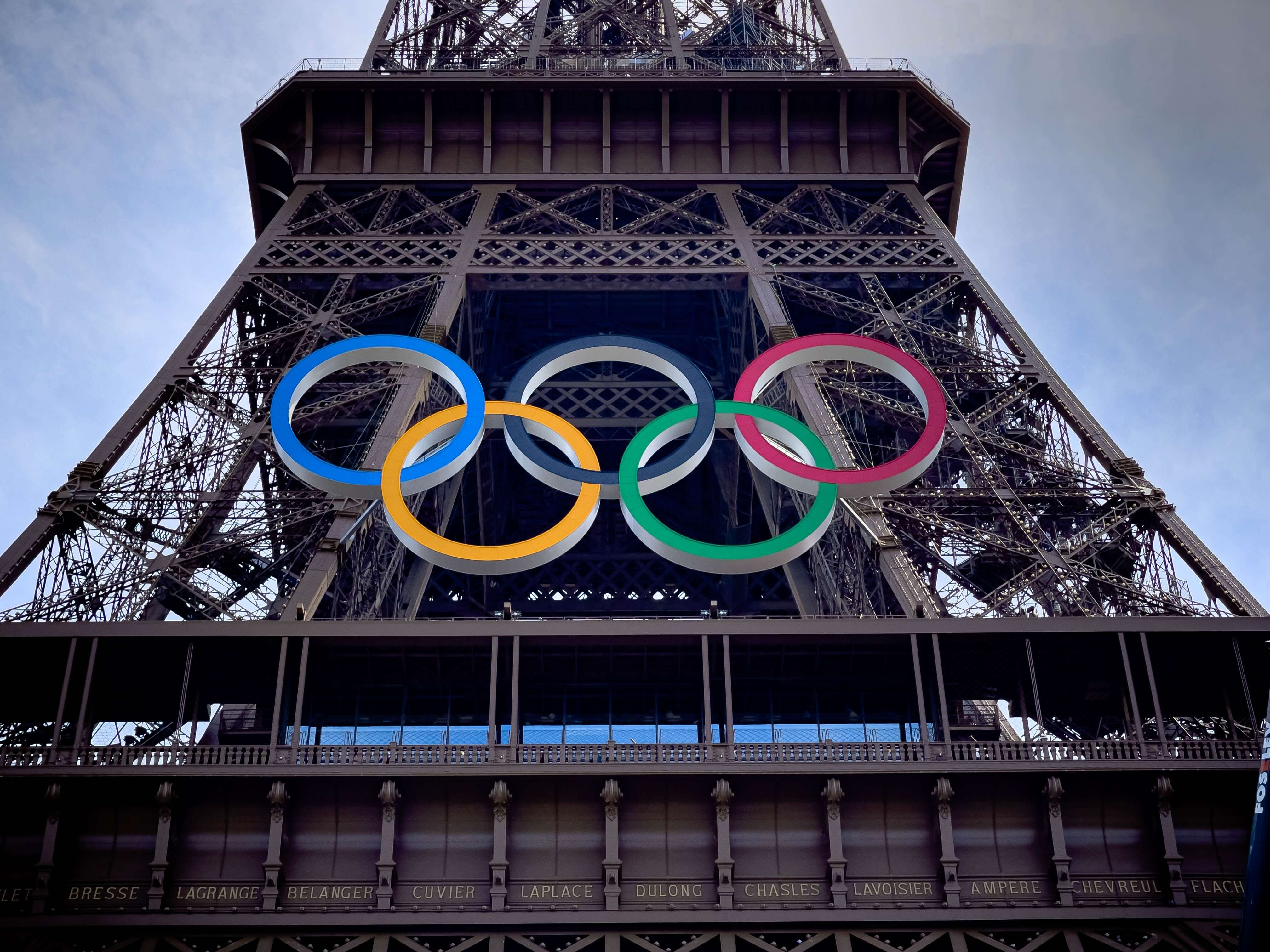The successful hosting of the Olympic Games demands meticulous planning, robust infrastructure, and visionary leadership often over a decade of preparation and improvement for the host city in advance of the games. As we anticipate Paris 2024, Los Angeles 2028, and Brisbane 2032, the pivotal role of transportation, infrastructure development, and executive leadership in orchestrating these massive undertakings is clear. These elements ensure success and a lasting legacy for the host cities.
Efficient transportation systems and advanced infrastructure are the lifelines of any Olympic event. They facilitate the smooth movement of athletes, officials, and spectators while enhancing the host city's global image. Each upcoming Olympic Games faces unique challenges and opportunities, with a shared focus on sustainability, efficiency, and legacy.
Paris 2024 is setting new standards in sustainable transportation with plans to reduce carbon emissions and improve connectivity. The Grand Paris Express, a network of new metro lines, will connect Olympic venues with the city center and suburbs, making travel swift and efficient. Eco-friendly modes of transport, such as electric buses and expanded bicycle lanes, aim to host the most sustainable Olympics to date. These initiatives are designed to benefit Parisians long after the events conclude.
Los Angeles 2028 is undertaking significant infrastructure upgrades to accommodate visitors. Major improvements are planned across transportation hubs, with the Automated People Mover (APM) at Los Angeles International Airport (LAX) enhancing passenger movement between terminals and transportation hubs. The Los Angeles Metro is expanding its network to ensure seamless connectivity between Olympic venues and key areas of the city, with projects like the Regional Connector Transit Project and the extension of the Purple Line being crucial for efficient public transportation during the Games.
Brisbane 2032 is in the early stages of its preparations but is committed to infrastructure excellence. The city is focusing on enhancing its public transport network and constructing new sports facilities to meet Olympic standards. Brisbane is positioning itself to welcome the world, ensuring these developments benefit local communities for years to come.
Behind every successful Olympic Games is a team of dedicated leaders who drive the vision, strategy, and execution. Executive leadership plays a pivotal role in navigating the complexities of planning, securing funding, and inspiring collective effort. Since 2008, Odgers Berndtson has supported the talent and infrastructure requirements of the Olympic and Paralympic Games organizing committees, successfully connecting talent through 59 searches.
Bambos Eracleous, Odgers Interim Partner, played a crucial role in the London 2012 Games. Seconded to the Olympic Delivery Authority shortly after London won the Games, he led various assignments covering the building and regeneration of stadiums and infrastructure. His work with the Olympic Park Legacy Company maximized the use and potential of the venues post-Games, ensuring a legacy for London.
For Los Angeles 2028, Linda Kearschner, Principal at Odgers Berndtson’s Transportation and Infrastructure Practice, successfully placed multiple Deputy Executive Directors with Los Angeles World Airports. These included those heading Human Capital & Equity and Public Safety and Security. Additionally, Harold Samms III was placed as the Deputy Executive Director of the Landside Airport Modernization Program Performance, overseeing critical infrastructure programs that will shape the transportation landscape for the Games. His leadership ensures that LAX and its new Automated People Mover and Consolidated Rent-A-Car Facility meet the demands of this global event.
Odgers Berndtson’s Global Sports, Gaming and Media Practice, led by Simon Cummins, placed four Non-Executive Directors and recruited Cindy Hook as CEO of Brisbane 2032 Olympics Committee, bringing strategic vision to the role. Her leadership is crucial for a successful event and legacy.
Glen Johnson, Odgers Interim Partner in the US and an Atlanta resident—the host of the 1996 Olympics—sees the Games' legacy every time he ventures out. The Olympic flame, Olympic Park, and urban re-development of neighborhoods such as Summerhill are enduring symbols of the city's Olympic heritage.
The success of the Olympic Games is intricately tied to the quality of its leadership and the strength of its infrastructure. The executives placed by Odgers Berndtson exemplify the caliber of talent required to navigate the complex demands of such a monumental event. Future Games must continue to rely on executive talent—both full-time and interim—to ensure that each Olympic host city can rise to the occasion and deliver an event that captivates the world and benefits the local community for years to come.
The intricate interplay of transportation, infrastructure development, and executive leadership is fundamental to the success of the Olympic Games. Paris, Los Angeles, and Brisbane exemplify how meticulous planning and strategic leadership can transform cities and create enduring legacies. As these cities prepare to host the world, their efforts in enhancing infrastructure and appointing visionary leaders will undoubtedly set new benchmarks for future Olympic hosts.
If you're interested in having a conversation about transportation and infrastructure executive opportunities or how our search practice can help your organization, contact Linda Kearschner. For discussions about becoming an interim executive or how interim executives can support your organization, reach out to Glen Johnson.



